Personal Injury Protection (PIP):
This covers you, your family and certain other persons for bodily injuries resulting from auto accidents regardless of who is at fault for the accident. PIP pays 80% of each bill submitted by a provider up to $2,500. In order for PIP to pay up to $10,000, a physician must write an emergency medical condition (EMC) on behalf of the client. PIP also pays 80% of mileage reimbursement and 60% for loss income, replacement household services and (if the limit has not been exhausted by other benefits) a death benefit. Personal injury protection is required by Florida law, though wage loss is something additional that must be elected.
Medical Expense Coverage (Med Pay):
This coverage supplements the medical expenses reimbursement of PIP coverage and provides basic coverage in situations where PIP does not pay. This coverage is typically available to all passengers in the vehicle involved in the accident and can be used to cover copayments and deductibles not covered by PIP. This type of coverage is also called Med Pay, and is optional.
Bodily Injury Liability Coverage (BI):
This is optional coverage in the state of Florida to cover your legal liability for bodily injury to others in case of an accident. If you are partially/fully at fault for an accident and someone was injured, any claim made against you would be paid from this coverage. This coverage is very important to have. If the party that you hit sues you, your insurance will hire an attorney on your behalf to defend you. Without this coverage, someone can sue you directly for causing an accident. This coverage is highly recommended.
Uninsured/Underinsured Motorists Coverage (UM):
The coverage pays for bodily injuries to you, family members and certain other persons, resulting from an automobile accident in which the other party was at fault. It applies when the at-fault party either has no BI insurance or the BI insurance was insufficient to adequately compensate you for your injuries. It also covers injuries resulting from an accident caused by a hit-and-run vehicle. This coverage is optional, but highly recommended to have.
Collision:
This covers damage to your car resulting from upset or impact with another object. Collision is something you would pursue through your own insurance carrier.
Property Damage (PD):
This covers the damage made to a person’s car when you have caused an accident. When you hit another vehicle, they will make a claim under your property damage to fix their vehicle. They may also pay for the person’s rental vehicle and towing expenses. This coverage is optional.
Comprehensive:
This covers damage to your car resulting from a fire, theft and other direct losses not excluded. The principal exclusions are for damage to certain electronic and sound equipment, tapes and other media, radar detectors, undeclared camper bodies, and van or pickup customized equipment.
Rental Vehicle:
This covers you up to a certain percentage for a rental vehicle when your car is being repaired or not drivable. Having this on your policy allows you to get a rental much quicker, rather than waiting for the at-fault insurance to complete their investigation, and then give you a rental. This coverage is optional, but again, highly suggested.
GAP Insurance:
Guaranteed Asset Protection insurance (or “GAP”) covers the outstanding balance of your vehicle that you may owe to a lienholder. If your car is totaled as a result of an accident, the insurance will only pay you the fair market value of your vehicle. If you owe more on your car than the fair market value, you would still owe money to your lienholder, after the insurance totals out your car. This is where GAP insurance comes in. GAP insurance will pay your lienholder the money you still owe on the car. This is optional insurance, but highly recommended.

